NIH
-

Is healthy obesity possible?
It might be possible to generate a “metabolically healthy” state of obesity by targeting signaling pathways that improve insulin sensitivity. Read MoreJan 29, 2014
-

Math models to aid voice disorders
A new computational model of the interactions between vocal folds and the air around them could aid in designing new treatments for voice disorders. Read MoreJan 27, 2014
-
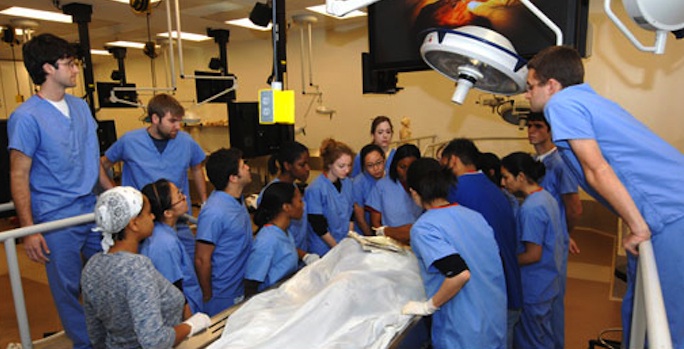
VUSM moves into top 10 in NIH funding
According to annual figures available through the National Institutes of Health (NIH), Vanderbilt University School of Medicine (VUSM) is now ranked ninth in the nation among U.S. medical schools in total grant support provided through the nation’s medical research agency. Read MoreJan 23, 2014
-

Human and Helicobacter co-evolution
by Denise Anthony (iStock) A Vanderbilt University-led research team has solved a long-standing riddle: Why do people of mostly Amerindian ancestry in the Andes have a gastric cancer rate that is 25 times higher than that of fellow Colombians of mostly African descent only 124 miles away on the coast?… Read MoreJan 23, 2014
-
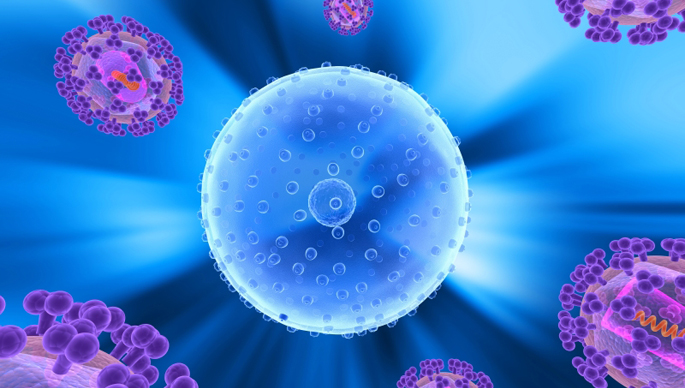
HIV’s impact on B cells
Understanding how HIV infection affects immune system B cells may guide strategies for vaccine development. Read MoreJan 15, 2014
-
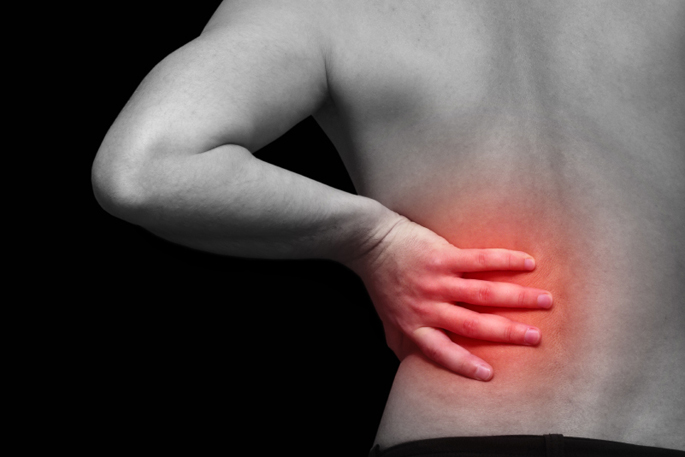
A pain in the … genes
Vanderbilt researchers have discovered that variation in the gene encoding the potassium channel GIRK1 plays a role in modulating human pain perception. Read MoreJan 10, 2014
-

Brain-gut connection in autism
An association between rigid-compulsive behaviors and gastrointestinal symptoms in autism spectrum disorder may point to a common biological pathway that impacts both the brain and the gut. Read MoreJan 9, 2014
-
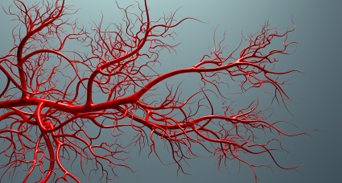
Targeting tumor “supply lines”
A metabolic enzyme plays a crucial role in vascular development and may be a good target for cancer therapies. Read MoreDec 18, 2013
-

Cancer drug enhances cognition
The breast cancer drug tamoxifen improves cognitive performance in post-menopausal women. Read MoreDec 16, 2013
-
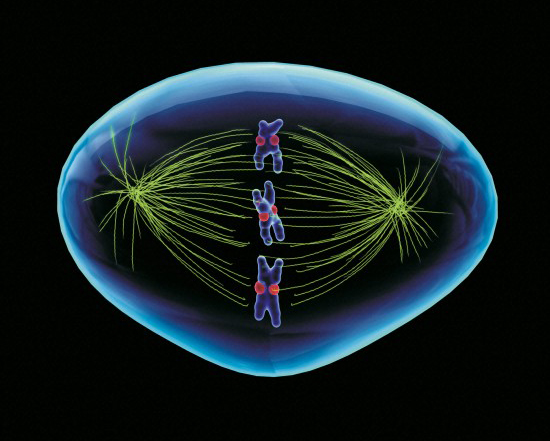
Manager of mitotic stress
The protein CK1 delays cell division to avoid the generation of defects that drive tumorigenesis. Read MoreDec 13, 2013
-
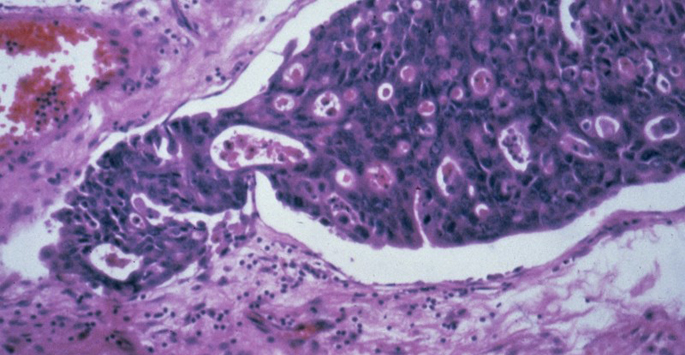
Therapeutic target for gastric cancer
A protein kinase linked to inflammation and tumor development may be a good target for gastric cancer therapies. Read MoreDec 12, 2013
-
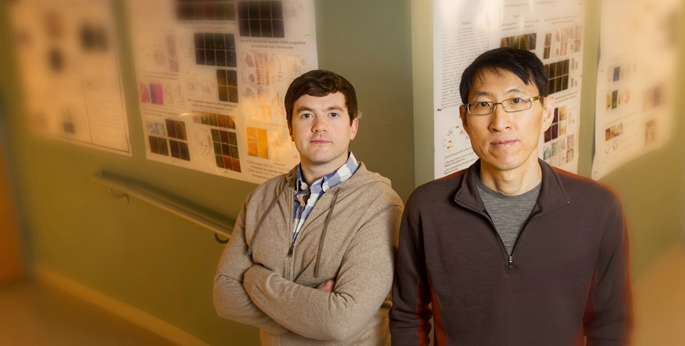
VU study points to central regulator of neuron development
Developmental biologist Chin Chiang, Ph.D., and his colleagues have discovered that Purkinje neurons in the cerebellum act as central regulators of neuronal development. Read MoreDec 12, 2013
-

Autism narrows brain’s reward response
MRI brain scans reveal that children with autism spectrum disorders respond to a narrower range of familiar rewards. Read MoreNov 27, 2013
-
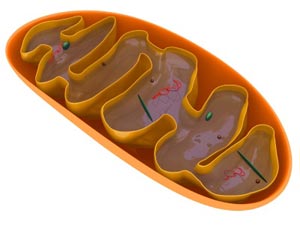
Mitochondrial mutations not random
A study of mitochondrial DNA mutations suggests they result from a process that selects for particular mutations in certain tissues. Read MoreNov 25, 2013
-
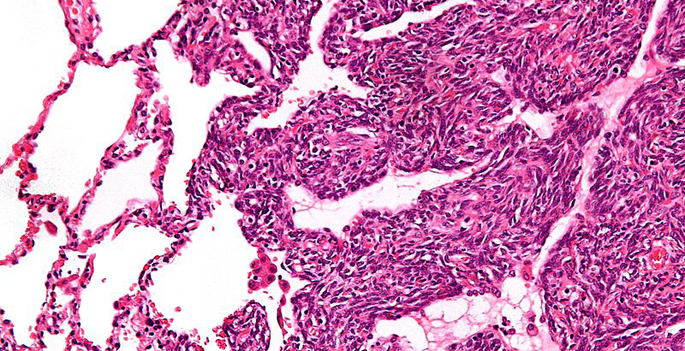
Therapeutic target for synovial sarcoma
Inhibitors of a signaling pathway that is critical to synovial sarcoma tumorigenesis may be useful treatments for this aggressive cancer. Read MoreNov 21, 2013
-
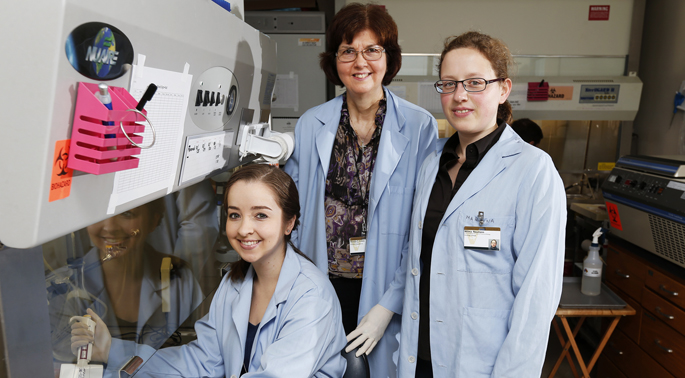
Vanderbilt, Leipzig research collaboration sees strong results
During the past two weeks, the fifth international symposium between Leipzig and Vanderbilt universities was held on the Vanderbilt campus, as seven Leipzig faculty members presented a series of chemical biology-related lectures. Read MoreNov 14, 2013
-

Molecular circuits in ovarian cancer
Vanderbilt researchers have used bioinformatics analysis of gene expression data to describe molecular “circuits” that drive ovarian cancer. Read MoreNov 13, 2013
-

Amish aid study of Parkinson genetics
Amish populations are valuable for genetic research because of their isolation, shared ancestry and homogeneous lifestyles. Read MoreNov 11, 2013
-
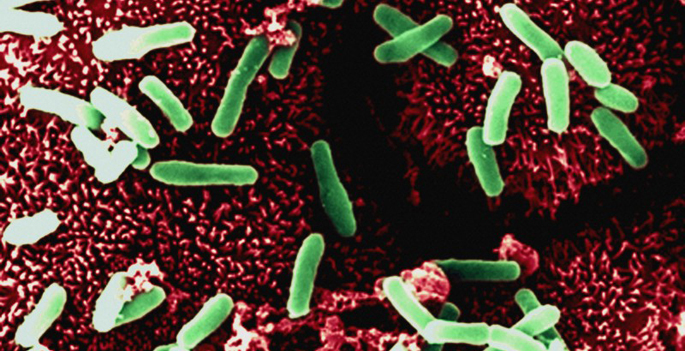
Defusing ‘C. diff’ infection
Clostridium difficile on the intestinal lining. (Wellcome Images) Clostridium difficile (“C. diff”) infection is a leading cause of hospital-associated diarrhea, and the frequency and severity of infections are on the rise. D. Borden Lacy, Ph.D., associate professor of Pathology, Microbiology and Immunology, and colleagues recently demonstrated that the C. Read MoreNov 8, 2013
-

Neurotransmitter’s role in bone balance
Removal of the neurotransmitter norepinephrine from the space outside cells plays an important role in the regulation of bone remodeling. Read MoreNov 7, 2013